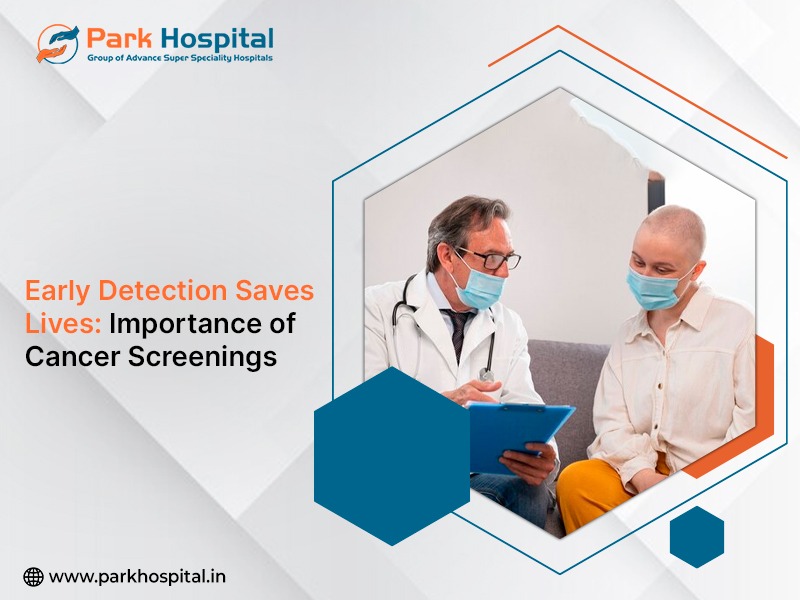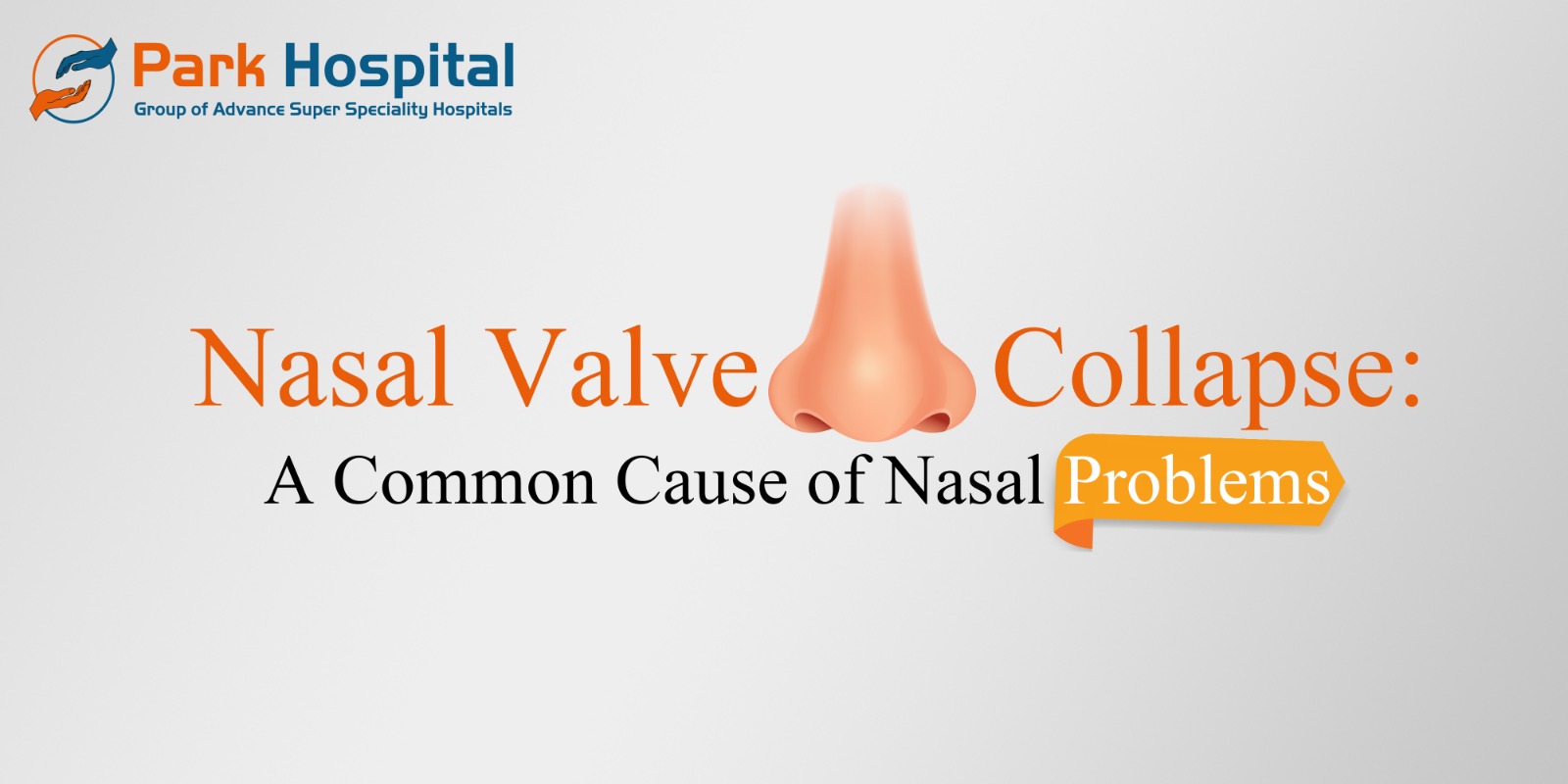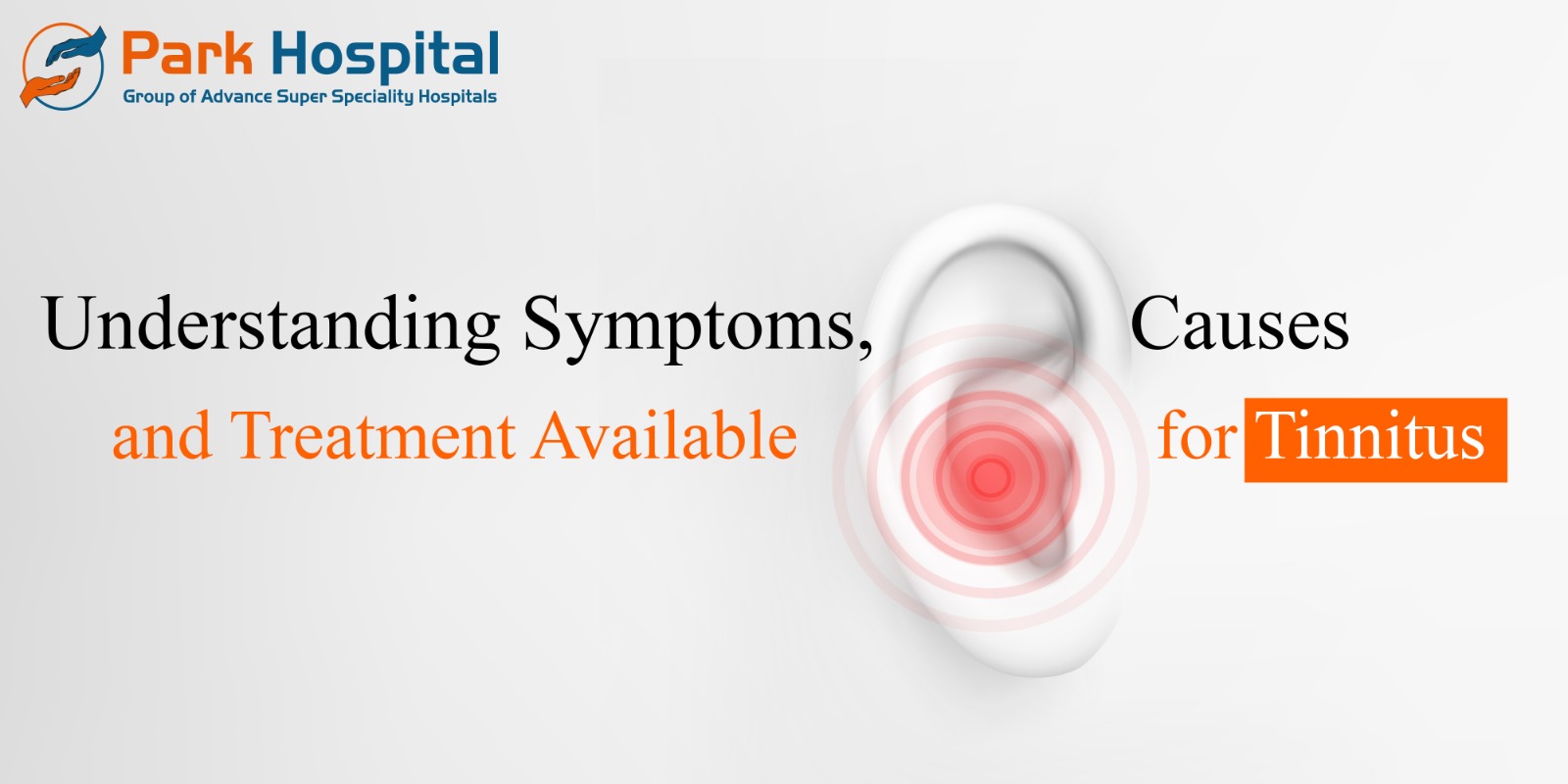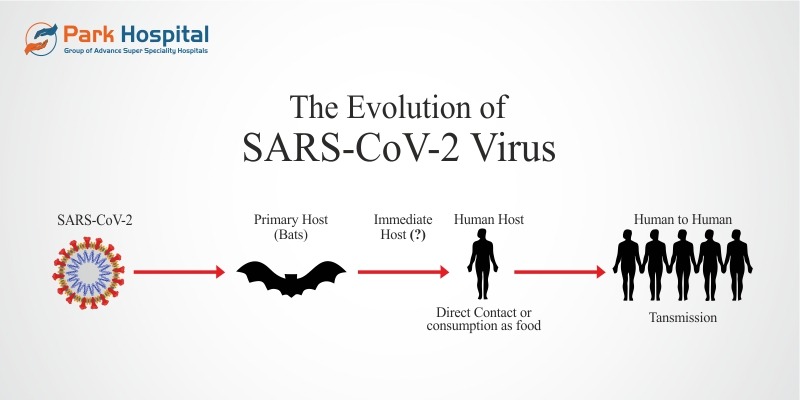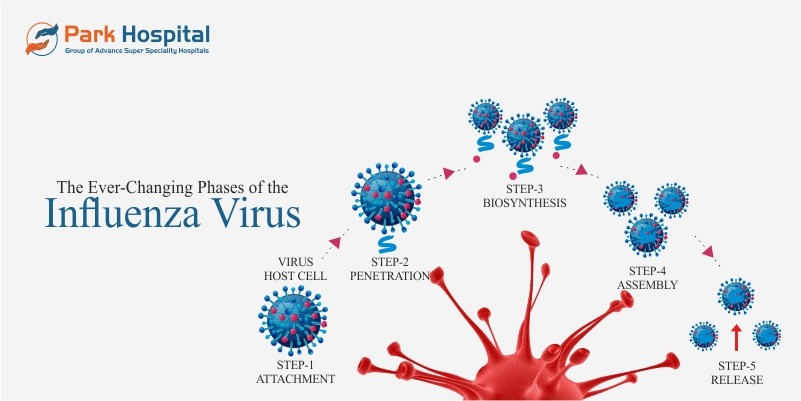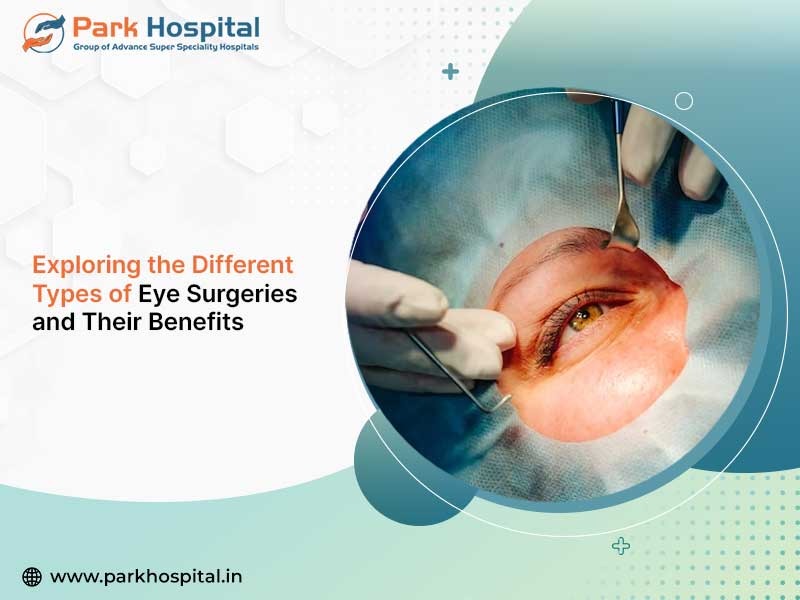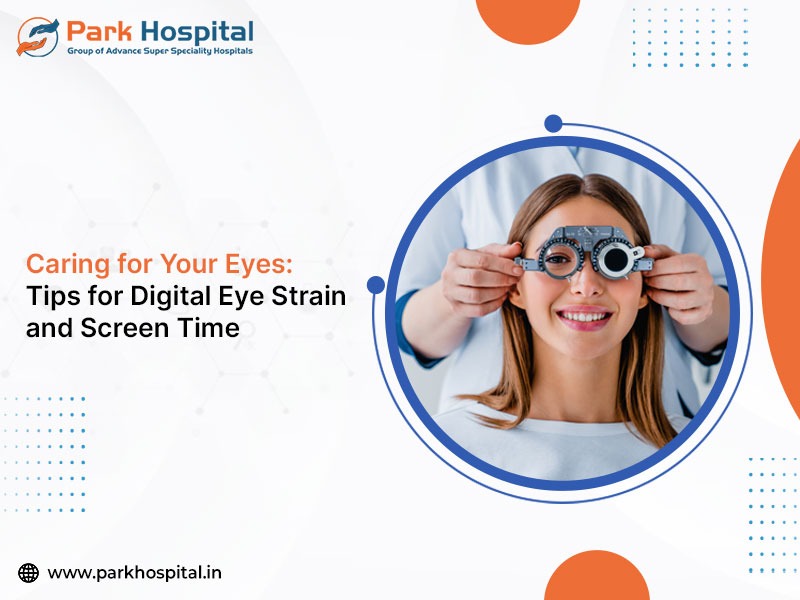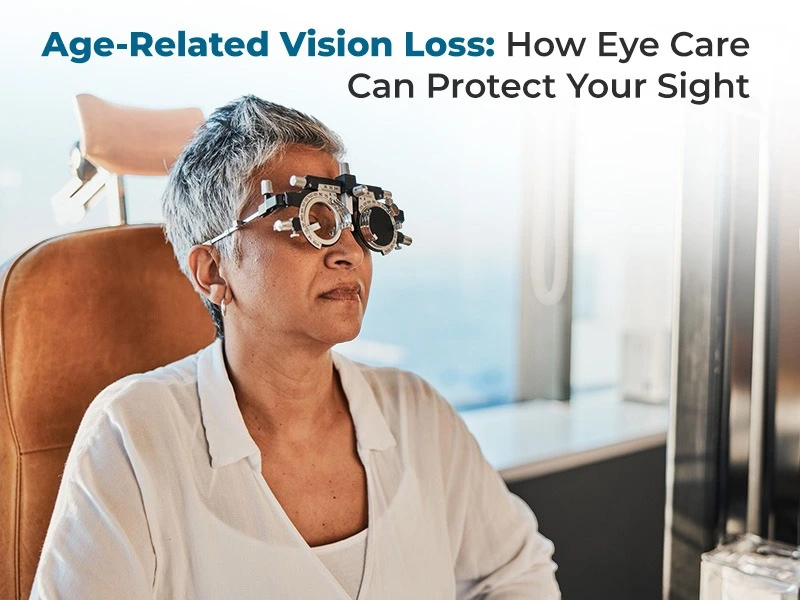Early Detection Saves Lives: Importance of Cancer Screenings
Only a few diseases and diagnoses can evoke a reaction as deafening as cancer; one factor that has contributed to this has been the age-old stigma that cancer is unpreventable and imminent. The emergence of modern medicine has, however, displayed its ability to counteract this. With the emergence of interventional radiology, MRI scans and newer tests, not only a cancer specialist but even a patient can prematurely detect cancer.
Most Commonly Diagnosed Cancer:
Research and statistics indicate around 200 distinct variants of cancer prevalent in the world; the most common types of cancers are:
- Oral cavity & pharynx
- Breast cancer
- Bladder cancer
- Leukaemia
- Liver cancer
- Kidney cancer
- Lung cancer
- Pancreatic cancer
- Thyroid cancer
- Melanoma
- lymphoma (Non-Hodgkin & Hodgkin )
Methods of Cancer Screenings:
- Physical screening: Conducted usually by a cancer specialist or a certified doctor who checks the body for any unusual lumps that could indicate cancer. Certain patients are also questioned about their family history to understand their genetic possibility better.
- Lab tests: Lab tests comprise of blood and urine, and tissue tests. In patients' suspicion, tumour markers and a tissue biopsy or cytology is essential. Usually, cancer can be detected via these tests and enable patients to take action prematurely.
- Genetic tests: Because the probability of a cancer diagnosis depends on the patient's family history and the prevalence of cancer within their ancestors, Many cancer specialists across the globe carry out genetic tests to fully understand a patient's probability of being diagnosed. Genetic tests also help in taking early measures in the relatives of patients with certain genetic predispositions.
- Mammography: A mammography is an X-ray imaging method used to examine the breast for early signs of breast cancer. This test is conducted with the help of ionizing radiation and is primarily performed on women over 40.
- Colonoscopy: Conducted with the help of a large, flexible tube called a colonoscopy, this test enables the cancer specialist to view the inside of a patient's large intestine for symptoms and signs of intestinal cancer. Reliant on technology, a colonoscopy should be conducted by a good cancer hospital around you.
- MRI Imaging: MRI imaging is a non-invasive imaging technology that hospitals incorporate to view the body's internal tissues and organs. MRI testing also helps doctors differentiate between cancer and a generic tumour.
Importance Of Cancer Screening:
- Timely Detection: Efficient cancer screening aims to detect cancer in its early stages, often before symptoms develop. Early detection increases the chances of successful treatment and a better prognosis. They also enable patients to decide on the right cancer hospital.
- Increased Treatment Options: Early cancer detection ensures that treatment options are often more diverse and less dangerous. Early-stage cancers may be treated with less invasive procedures, reducing the impact on a person physically and mentally.
- Higher Survival Rates: Early detection and treatment cause heightened survival rates. A cancer diagnosis at later stages may be more challenging to treat and have a lower likelihood of a favourable outcome; they also cause higher anxiety and mental problems in the patients.
- Reducing The Spread: Early detection of cancer prevents the spread to other body parts; limiting the spread of cancer improves the chances of successful treatment. While getting treatment, patients should consult a well-acclaimed Cancer hospital to gain the best medicine.
- Reduced Treatment Costs: Treating cancer at an early stage may require less intensive and less costly interventions compared to treating advanced-stage cancers. This can result in lower healthcare costs for both individuals and healthcare systems.
- Quality of Life: Early cancer detection can enhance overall quality of life and organ function. Less harmful treatments are frequently linked to fewer complications and external side effects. Park Group of Hospitals is accredited as Delhi's best cancer hospital and provides specialized imaging technology to assist patients and doctors. /
- Identification of High-Risk Individuals: Some individuals may have an increased risk of developing certain types of cancer due to genetic factors, family history, or other risk factors. Screening allows for identifying high-risk individuals who may benefit from more frequent monitoring or preventive measures.
- Health Education and Awareness: Cancer screening programs often include health education and awareness initiatives, promoting a better understanding of cancer risk factors, the importance of early detection, and the availability of screening services.
Cancer Care at India's Premier Hospital:
In healthcare, every patient craves access to the best, whether regarding resources, support, technology, etc. Rated as india's best Cancer hospital, Park Group of Hospital provides a specialized cancer treatment solution that consist of:
- Surgical oncology
- Radiation oncology
- Medical oncology
Assisted with the help and intervention of India's best doctors and efficient machines, Park Hospital and their cancer specialist team have treated various medical conditions such as breast cancer, leukaemia, and lymphoma with advanced medical procedures like biopsies, mastectomy, lumpectomy and radical mastectomy. Dispensing with some of the best cancer treatment in India, Park hospital is changing the healthcare landscape of India.

